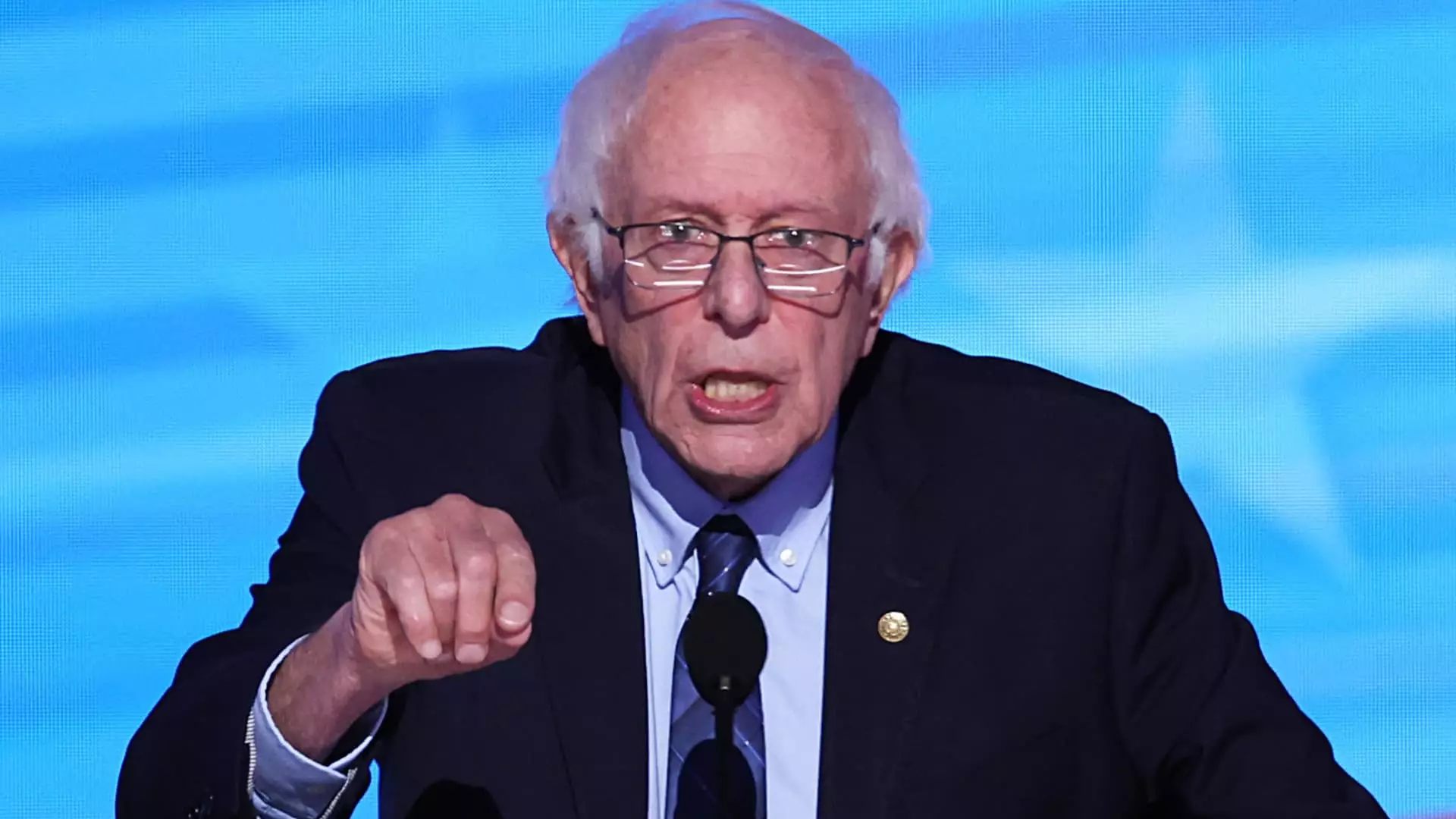Senator Bernie Sanders has made it clear that he believes Vice President Kamala Harris should aim higher than the proposed 28% tax rate on long-term capital gains. In a recent interview on NBC’s “Meet the Press,” Sanders expressed his disagreement with Harris’ economic platform, suggesting that her pragmatic approach may not go far enough in addressing the economic divide. Despite both being prominent figures within the Democratic party, Sanders and Harris seem to have differing views on the best path forward for tax reform.
Sanders, known for his progressive economic policies, has advocated for a higher tax rate on long-term capital gains than the one put forth by Harris. With his past campaign proposals including rates as high as 54.2%, Sanders believes that the wealthy should be taxed more heavily to address income inequality. While Harris has proposed a moderate increase to 28%, Sanders argues that a more robust agenda is needed to truly address the needs of working people in the United States.
In addition to his stance on taxation, Sanders has been vocal about his concerns regarding billionaire influence over the Democratic party. Despite Harris’ connections to wealthy donors and corporate leaders, Sanders remains steadfast in his opposition to the political sway of billionaires. Furthermore, Sanders has criticized Harris for shifting away from more progressive policies, such as her withdrawal of support for Medicare for All. This move, Sanders argues, is an attempt to court moderate voters and broaden her appeal, potentially at the expense of core progressive values.
While Sanders has offered lukewarm support for Harris’ economic proposals, he has endorsed her campaign and expressed his admiration for her progressive goals. Despite their policy differences, Sanders acknowledges Harris’ efforts to address issues such as affordable housing and workers’ rights. By supporting Harris while maintaining his critiques, Sanders is playing a strategic role in providing a nuanced perspective on the economic agenda of the Democratic party.
The debate between Sanders and Harris over tax reform and economic policy highlights the broader tensions within the Democratic party. While both figures share a commitment to progressive values, their differing approaches reflect the diverse perspectives within the party. Sanders’ call for higher taxes on capital gains and his concerns about billionaire influence serve as a reminder of the ongoing dialogue surrounding economic inequality and political dynamics in the United States. As the 2024 election approaches, it remains to be seen how Harris will navigate these issues and bridge the gap between progressive and moderate voters.

Leave a Reply